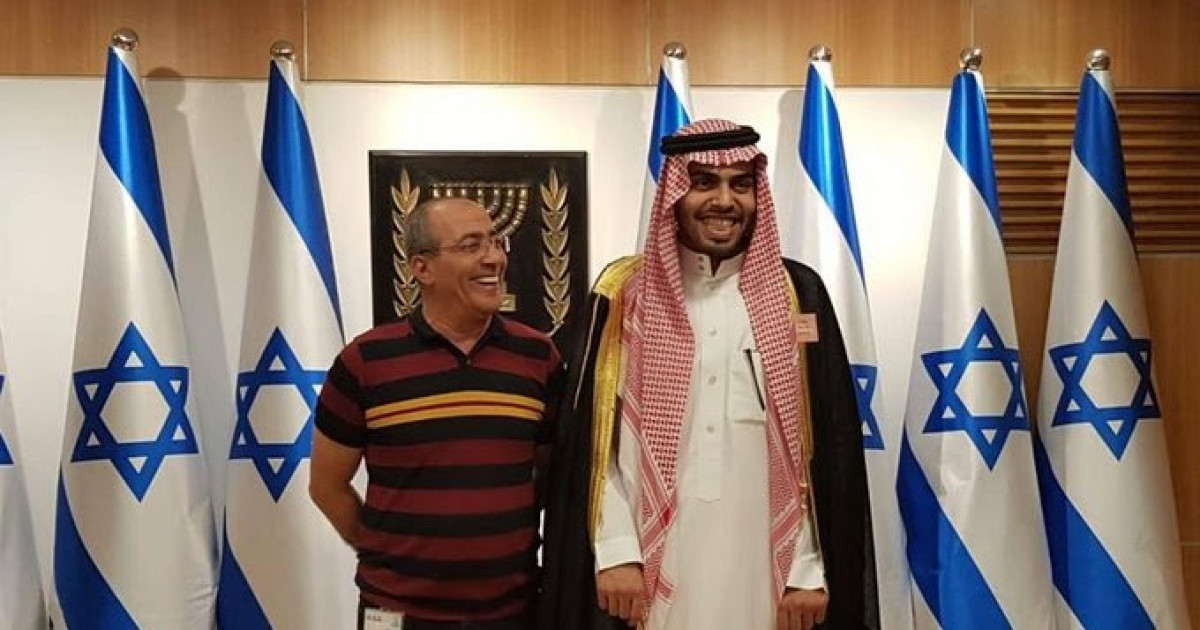 106
106
Two weeks after the announcement of the normalization of diplomatic relations between the United Arab Emirates and Israel, speculation continues that other Arab states will join such an agreement. While many Arab states remain in tactical silence to make an accurate assessment of the situation, Western and Israeli observers and leaders take positions, interviews, and speeches without any restrictions.
For example, while Saudi officials - except for Faisal bin Farhan (Minister of Foreign Affairs) who has conditioned the acceptance of the Palestinian state to join an agreement with Israel - have remained silent. But Jared Kushner, adviser and son-in-law of President Donald Trump in an interview with CNBC, he explicitly named Saudi Arabia as one of the main Arab states that will soon announce its official political and diplomatic relations with Israel.
Also, Haim Saban, an Israeli-American businessman who played a fruitful role in establishing and announcing relations between the UAE and Israel, said in an interview with the Yedioth Ahronoth newspaper on Friday -the day after the official announcement of relations between the two countries - hat during a dinner he had with Saudi Crown Prince Mohammed bin Salman, I asked him "why are you afraid, everything is ready? bin Salman replied saying that he could “implement it” In a second, but the Qataris and Iranians will attack me and chaos will arise in my country. At the end of his interview, Saban expressed hope that the UAE-Israel relationship would be an incentive for other Arab states, including Saudi Arabia, but that it would naturally take some time.
In fact, quotes and this type of news indicate the pressure of the Western and non-Arab parties of the agreement, especially the US and Israel, on the Arab states in order to announce the normalization of relations and the recognition of Israel. In this regard, there has been a lot of speculation in recent days about Bahrain and Oman as states that will soon announce their official political relations with Israel. This issue was raised by the Israeli Minister of Intelligence
Eli Cohen.
"Following this agreement, other agreements will be reached with both the Gulf Arab states and the African Muslim countries," Reuters quoted him as saying in a radio interview. He adds more details: "Countries like Bahrain and Oman are definitely on the agenda. Also, in my estimation, there is a possibility that a peace agreement will be reached with African countries next year, especially with Sudan." Israeli Prime Minister Benjamin Netanyahu, in a speech to his cabinet, expressed hope that more countries would join the agreement.
These countries appear to have been nominated for the next deal because of two reasons: First, Israeli, Omani and Sudanese officials have met at the highest level in the past two years - even in October 2018, Netanyahu had an official visit to Oman. The existence of a history of meetings between officials and relations, although on a limited scale, naturally provides the basis for the official announcement of political-diplomatic relations. Secondly, the announcement of the agreement between Oman, Bahrain and Sudan with Israel will pave the way for the entry of Saudi Arabia; Especially when Saudi officials have more considerations, restrictions, and ultimately more anxiety than other smaller Arab countries to announce such a decision.
Comment
Post a comment for this article